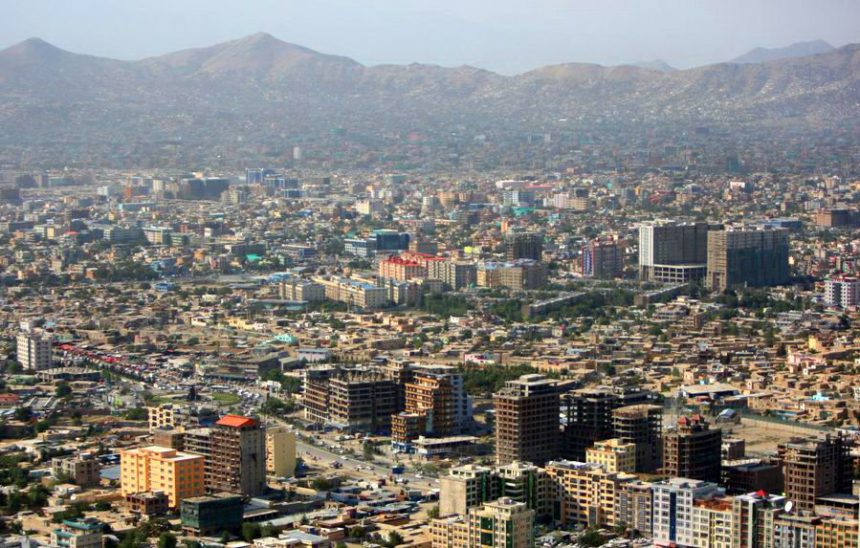RASC: According to the writings of the New York Times newspaper, despite the two-year efforts of the Taliban group to erase the cultural heritage of Western countries in Afghanistan, this group has failed to completely eliminate the modern urban life that has been formed with the young generation in the last two decades.
The New York Times reporter wrote what he saw in Kabul under the control of the Taliban group.
According to this report, despite the Taliban group’s restrictive orders against women, girls who are deprived of continuing their education in the capital spend their days in coffee shops with novels by the famous Turkish author, Elif Shafak.
In explaining the contradiction caused by the restrictions imposed by the Taliban group on the people and the rebellion of the young generation of Afghanistan in front of these restrictions, this American publication wrote, while male civil servants should not shave their beards, teenage boys have new hairstyles, and shirts which they wear chic.
Ahmad Khalid, a 37-year-old resident of Kabul, told the New York Times, “In these 20 years, we have witnessed many changes, many schools have been built, and we have connected to the world by accessing new technologies.”
The report added that during the two years of the Taliban’s rule over Afghanistan, the gates of schools and universities were closed to women, and religious scholars tried to erase any traces of modernism with strict interpretations of Sharia laws, but currently for the young urban generation. , restaurants, game halls and bookstores have become the best places in the city.
The New York Times said in relation to these places that young people try to escape from the sad reality of a country where the youth are alienated from its rulers and do not pay any attention to them by visiting these places.
In his analysis, the author considered this inconsistency to be partly a competition with the views of the Taliban group officials.
Taliban officials, who have interacted more with foreign diplomats and traveled abroad to the region, are said to have implemented less restrictive policies in cities like Kabul than in Kandahar, the seat of the Taliban leader with the most anti-feminist laws.






